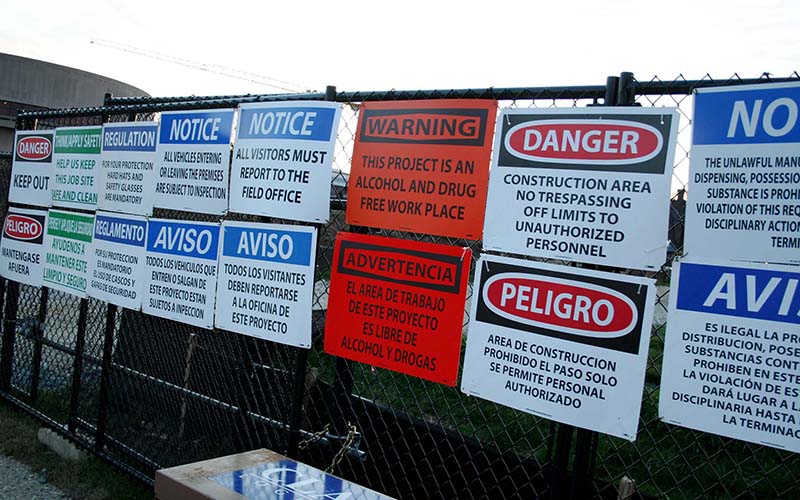
The recession hit Hispanics hard, more so in Arizona, but the White House said Latinos have seen some of the largest gains recently in jobs, income and other economic indicators. (Photo by rachaelvoorhees/Creative Commons)
WASHINGTON – Hispanic Americans enjoyed the fastest growth in household incomes and the largest decline in the poverty rate of any major racial or ethnic group in 2015, the White House said Wednesday.
While Latinos were among the hardest hit by the 2008 financial crisis, the officials said, they have seen their jobless rate cut by more than half since then, from 13 percent to 6.4 percent, and saw real median household income rise by 6.1 percent. The closest group, non-Hispanic whites, saw income grow by 4.4 percent in the same period, the White House report said.
“It’s a really important thing that when we engage in macroeconomic policies that are designed to help the overall economy, those actually disproportionately affect Hispanic households,” said Jason Furman, a White House economist.
Arizona has seen “tremendous growth” in Latino-owned businesses since the financial crisis combined with the housing bubble burst and the state’s anti-immigration SB 1070 law to hit Latinos particularly hard, said James Garcia of the Arizona Hispanic Chamber of Commerce.
Garcia said it’s difficult to pinpoint Arizona job loss numbers from that time because many workers who fled the state were undocumented.
“I think it’s fair to say that given the nature of the workforce, the Hispanic workforce, our community was concentrated in those kind of blue-collar jobs,” that were among the first to go, he said. “It’s fair to say tens of thousands, even conceivably hundreds of thousands left.”
But Arizona is indeed recovering, he said, and small businesses are helping get the economy moving.
“What has happened since then, the overall economy has improved,” Garcia said. “Between 2007 and 2015, the number of Hispanic-owned businesses more than doubled from 52,000 to 123,000, which is astronomical growth.
“There was a tremendous growth in small businesses,” he said. “Despite the crash, we’re helping to heal the economy in a significant way.”
Jose Borrajero, an Arizona Republican, agreed that things are better in the state, but he said the recovery and the Obama administration’s work lifting up the overall community has been slow at best.
“I’m not too impressed with any of it,” Borrajero said. “There has been some recovery, but it has been stagnant the last two years.”
Borrajero pointed to the administration’s claim that more people have health insurance since the passage of Obamacare. While that’s generally a good thing, he said, he questioned if those now on the rolls will even be able to afford healthcare as premiums and deductibles rise as some have predicted.
The White House report came as a nod to Hispanic Heritage Month, which ends Saturday. In addition to economic and health insurance gains, for the nation and the nation’s Latino population, officials touted the administration’s handling of the 2008 recession and education priorities that included expanding Head Start programs, improving high school dropout rates and boosting enrollment in continuing education.
“It’s important to add to the reflection that the administration has been very, very deliberate that we also focus attention on the communities that are further behind,” said Cecilia Munoz, director of the White House domestic policy council.
Borrajero admitted more students enrolled in post-secondary education can benefit Latinos, but that he also knows of many with degrees they aren’t using and with heavy student loan debt.
But Garcia said education is a key issue for Latino families, who recognize the relationship between the education system and economic gains.
Arizona’s public schools consistently rank among the worst in funding. That lack of funding disproportionately affects the Latino community, Garcia said, as poorer communities are unable to supplement government funding with parental and community fundraising.
“In regards to our pocketbook issues, I think Hispanics understand clearly it’s about education,” he said. “Education has been taking major, major cuts everywhere in the state, and those cuts have impacted our community even more.”